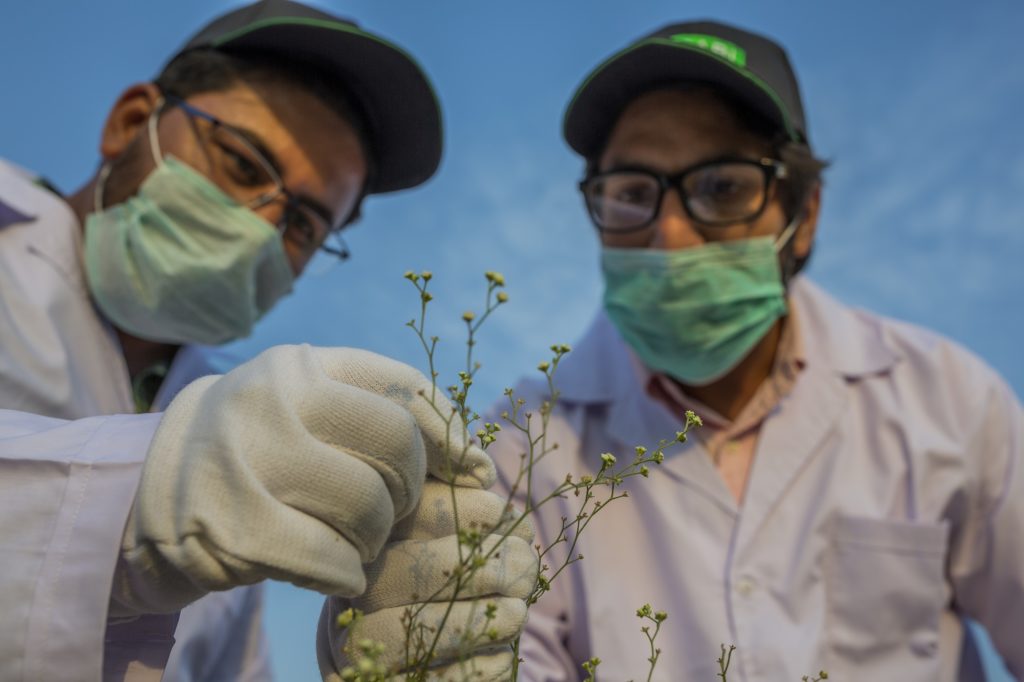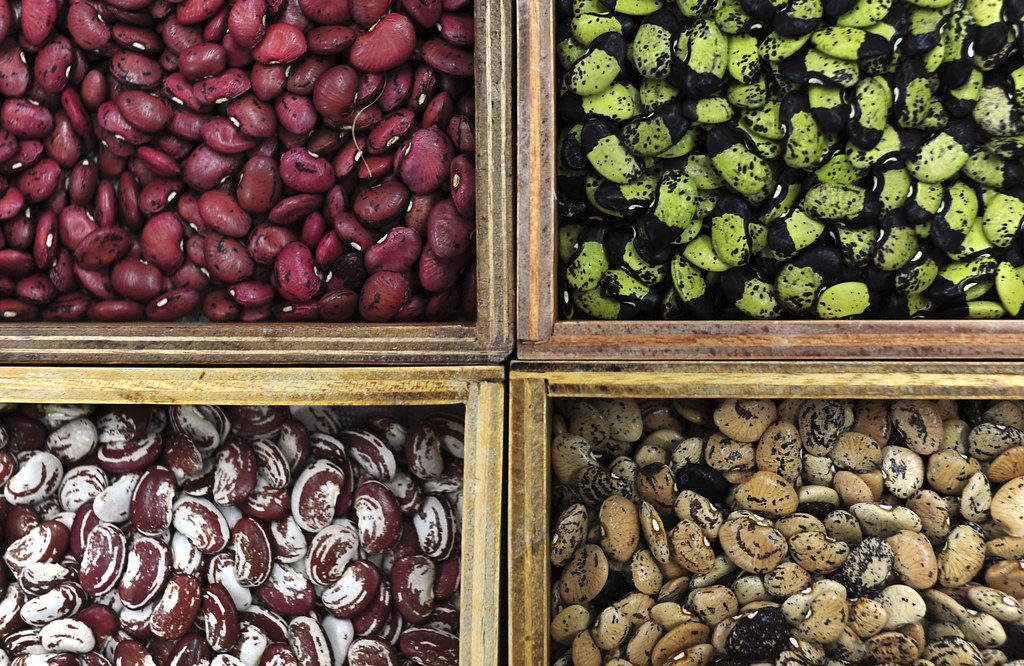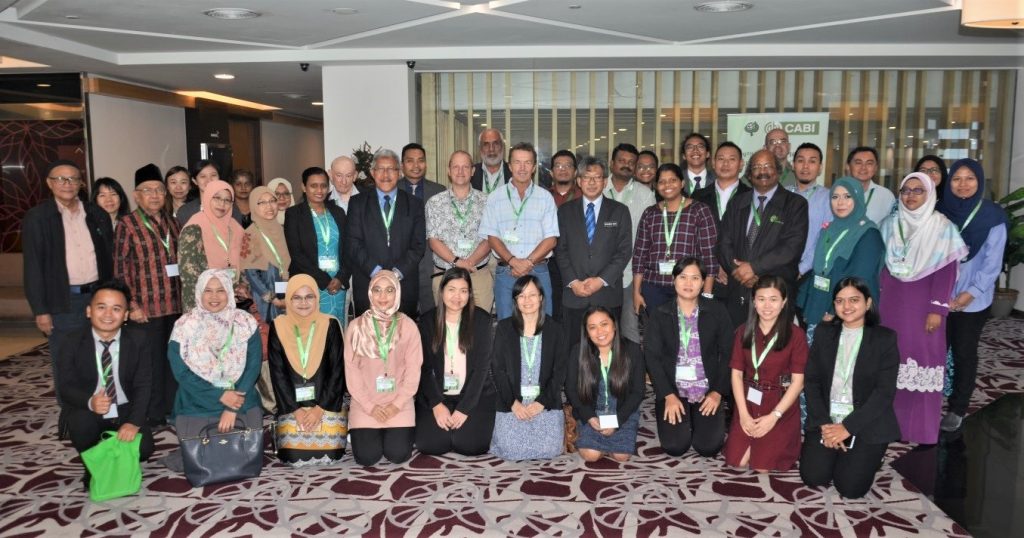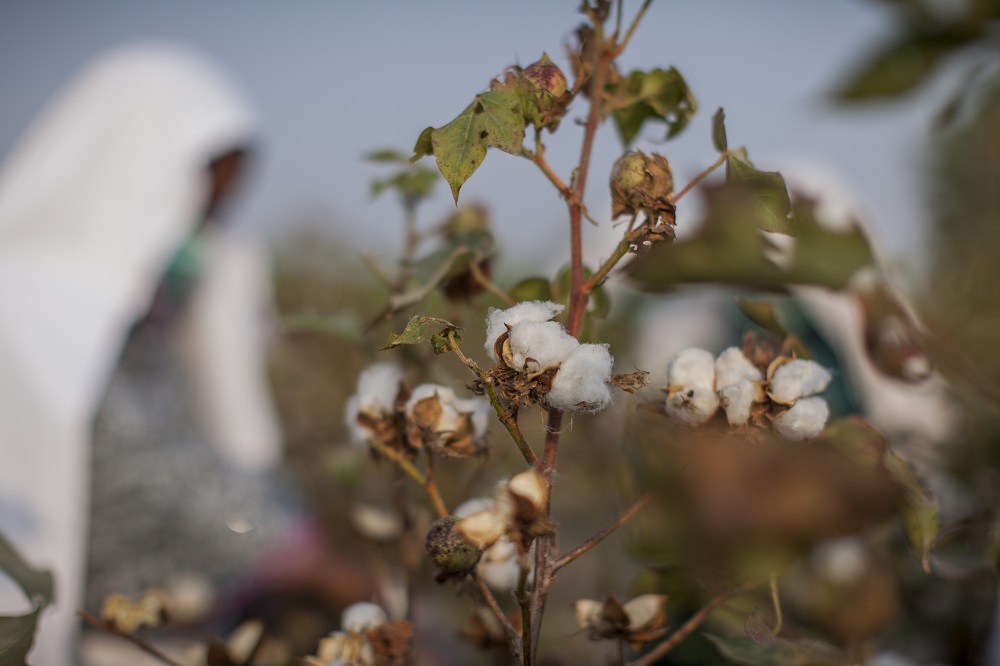In the frame: fighting the scourge of parthenium weed in Pakistan
CABI has recently shared its expertise in a new parthenium evidence note which highlights a list of recommendations to fight the highly-invasive weed can cause severe allergic reactions in humans and livestock, may harbour malaria-carrying mosquitoes, displace native plant species and reduce pasture carrying capacities by as much as 80% to 90%. In this picture…
TEFL Tourism: Author Interview
There is evident lineage between the concepts of teaching English as a foreign language (TEFL) and tourism, represented through evocative marketing material, the commoditisation of the TEFL product, teacher motivations and experiences. Yet, to date there has been no recognition of these links within industry or academia. With this in mind, Dr Hayley Stainton has…
Photo focus on fighting invasive plants on Socotra Natural World Heritage site
In this photo special we turn the spotlight on members of the community in the Socotra Archipelago, Yemen – including Bushera Ahmed Abdulla pictured above – who are working together with invasive species experts from CABI to help rid the region of devastating Invasive Alien Species (IAS) including common pest pear Opuntia stricta and prosopis. Dr Arne Witt, CABI’s…
How countries around the world are leveraging agriculture to improve nutrition
By Shenggen Fan, Sivan Yosef, and Rajul Pandya-Lorch This blog post is the third in a 3-part series accompanying the release of the book Agriculture for Improved Nutrition: Seizing the Momentum, co-edited by Shenggen Fan, Sivan Yosef, and Rajul Pandya-Lorch (co-published by CABI Publishing and IFPRI). The book was launched at a Feb. 28 event…
IOBC workshop focuses on the latest research in the biological control of invasive weeds
By Chan Hong Twu, scientist at CABI Southeast Asia in Selangor, Malaysia CABI Southeast Asia was proud to host the 9th International Workshop on Biological Control and Management of Eupatorieae and other Invasive Weeds where the very latest research on invasive weeds and their biological control agents were shared amongst delegates from 13 countries including…
‘Sowing the seeds’ for better cotton crops: a farmer case study
Cotton is Pakistan’s largest industrial sector and is a principle cash crop to millions of smallholder farmers who rely upon it to earn their livelihoods. However, per acre yield and the profitability of the crop is dependent upon the quality of the sown seed as part of the principles of Good Agricultural Practices (GAPs) and…
Phytosanitary Risk Management team share expertise at ESCON 2019
An entomologist from CABI’s Phytosanitary Risk Management (PRMP) team has participated in the International Conference on Environmental Toxicology and Health (ESCON 2019) held in Islamabad, Pakistan. Muzammil Farooq, representing the PRMP team, participated in the event – organized by the Department of Environmental Sciences, COMSATS University (CUI), Vehari campus – by giving a presentation entitled…
Reaping the harvest: Sustainable tea production in India picture special
Recently CABI scientists revealed that India’s tea – which accounts for around 27 percent of the world’s tea production and where in 2016 exports of 232.9 mn kg were worth Rs 4,493 crore, could be protected from devastating crop pests with more environmentally-friendly and sustainable biological controls rather than an over reliance on pesticides. In…
Story maps: visualizing multimedia development communications
The famous statistician, Hans Rosling, used to say the aim is to go from numbers to information to understanding. This is the essence of how data should be used, shared and presented. Data can be presented in many different ways but maps are perhaps the best way of visualizing spatial information. As technology has progressed…
Taking action on invasives and youth unemployment in Zambia
Youth unemployment is a significant economic and social burden for Zambia. So too is the impact of invasive species on agricultural production and the natural environment. Are these mutually exclusive challenges, or can youth unemployment and tackling agricultural challenges, such as invasive species, be effectively positioned together to deliver jobs, food security and sustainable agriculture?…





